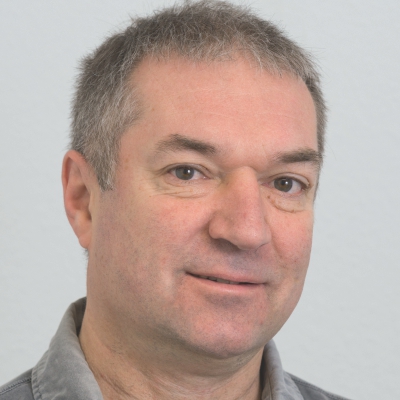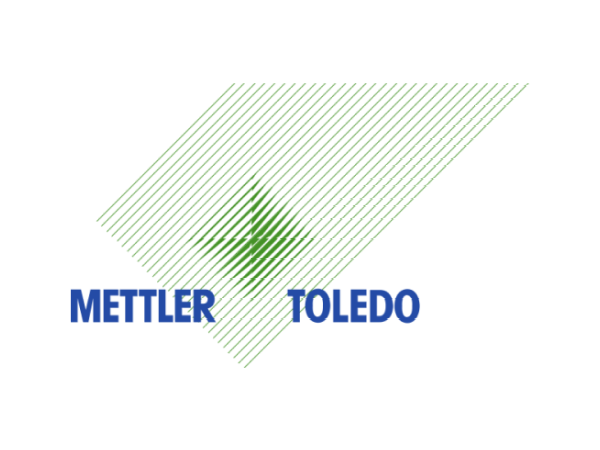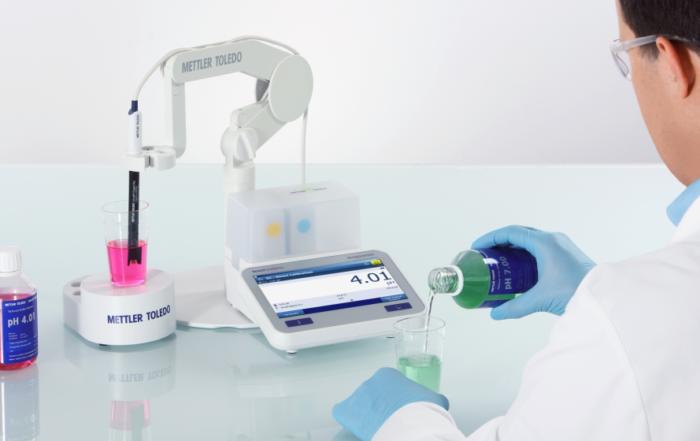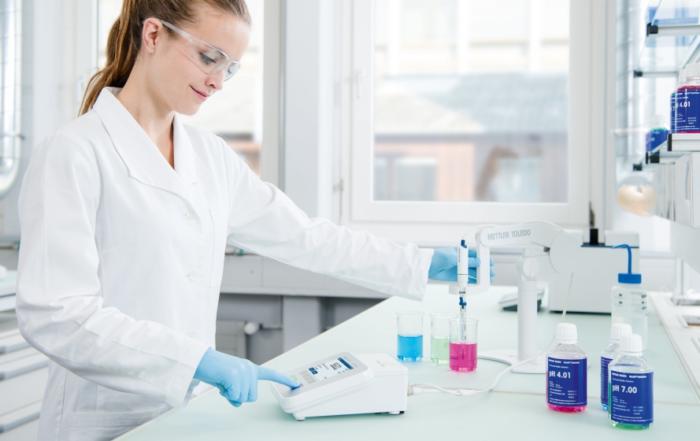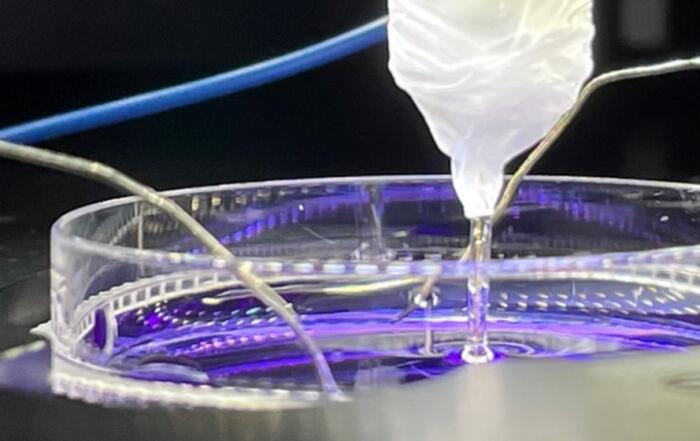Dr. Jürgen Schawe presents why fast scanning chip calorimetry is the ideal complement to conventional DSC with heating and cooling rates now covering a range of more than 7 decades.
To watch this webinar, please contact Mettler Toledo at info@mt.com.
Lauded as the fastest commercially available chip calorimeter, Flash DSC is ideal for studying rapid crystallization and reorganization processes, and is able to operate in temperatures from -95 to 1000 °C. These ultra-high cooling and heating rates have considerably progressed the study of thermally induced chemical processes and physical transitions, allowing the study of the crystallization and reorganization of a range of materials including metals and polymers like never before.
Key Topics Include:
- Melting of PET at different heating rates: comparing Flash DSC to conventional DSC
- Crystallization behavior of polypropylene
- Isothermal crystallization behavior of a bulk metallic glass (BMG)
- Melting of a BMG at high temperatures
- Separation of melting and decomposition in prednisolone
- Glass transition of a silica glass
Resources
To retrieve a PDF copy of the presentation, click on the link below the slide player. From this page, click on the “Download” link to retrieve the file.
Presenters
Senior Scientist
Thermal Analysis
Mettler Toledo
